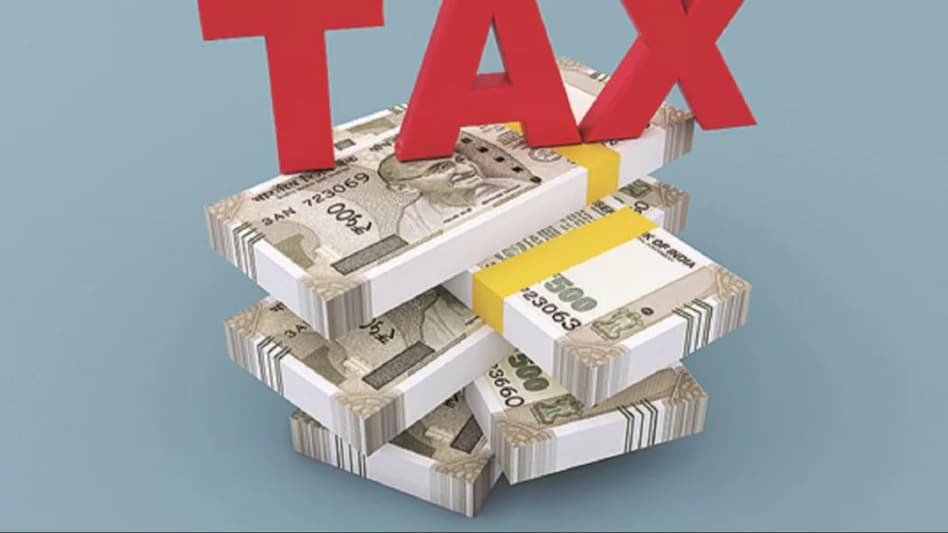The objective of the move to include overseas credit card spends under LRS was to discourage large foreign exchange outflows, as remittances under LRS have risen sharply in the past few years.
Last year in February, the government announced that credit card spends in foreign currency would be a part of LRS’ annual limit of $250,000.
The centre is in discussions to bring overseas credit card spends above Rs 7 Lakh under the Liberalized Remittance Scheme (LRS), on which a 20% tax could be implemented in the upcoming Union Budget, as per sources in the Ministry of Finance.
The rollout of the announcement is expected to happen in Union Budget FY25 in the month of July after the new cabinet is formed. As per sources, most banks are ready with their respective IT structures, and the Department of Economic Affairs is discussing the matter of implementation.
“Most of the public sector banks were earlier not ready with their application programming interface (API), but now they are ready to comply. SBI, Canara Bank, Bank of Baroda have shared cooperation. Private sector banks were always ready,” shared a government official.
The objective of the move to include overseas credit card spends under LRS was to discourage large foreign exchange outflows, as remittances under LRS have risen sharply in the past few years.
The center wanted to bring in this legislation from April 1, 2024, after 8 months of detailed study. Still, due to the model code of conduct in place, and some undone agenda on the table, they will now likely introduce it as a part of the upcoming budget announcement.
The officials have also suggested a “disclosure mechanism” that taxpayers will have to abide by in order to verify the TCS levy with banks and the Income Tax Department.
As per sources, the big concern was then how the Income Tax Department would differentiate between transactions, whether personal or official. As per sources, the disclosure mechanism will be helpful in this.
“If it is an official business visit, then it would be apt that a business credit card is used in the company’s name,” shared a source. However, the officials clarified last year that TCS would not be issued on overseas transactions that are for corporate/business purposes.
Last year in February, the government announced that credit card spends in foreign currency would be a part of LRS’ annual limit of $250,000. Additionally, cardholders also have to pay tax collected at source (TCS) of up to 20% for foreign transactions made through a credit card.
In June 2023, the government had said that there would be no change in the rate of TCS for all purposes under LRS and for overseas travel tour packages, regardless of the mode of payment, for amounts up to Rs 7 lakh per individual per annum. A tax of 20% was proposed for all other purposes under LRS except medical treatment and education, where the tax rate was significantly lower.
Currently, overseas tour packages attract a 5% TCS, and there is no threshold.
According to data released by the Reserve Bank of India, outward remittance under LRS was $27.42 billion in the April–January period of 2023-24, which was 24% higher than the $22.08 billion remitted in the year-ago period.










